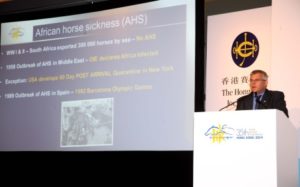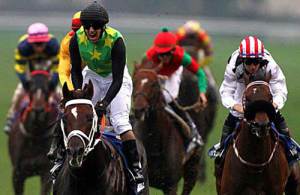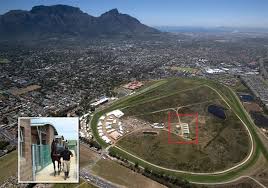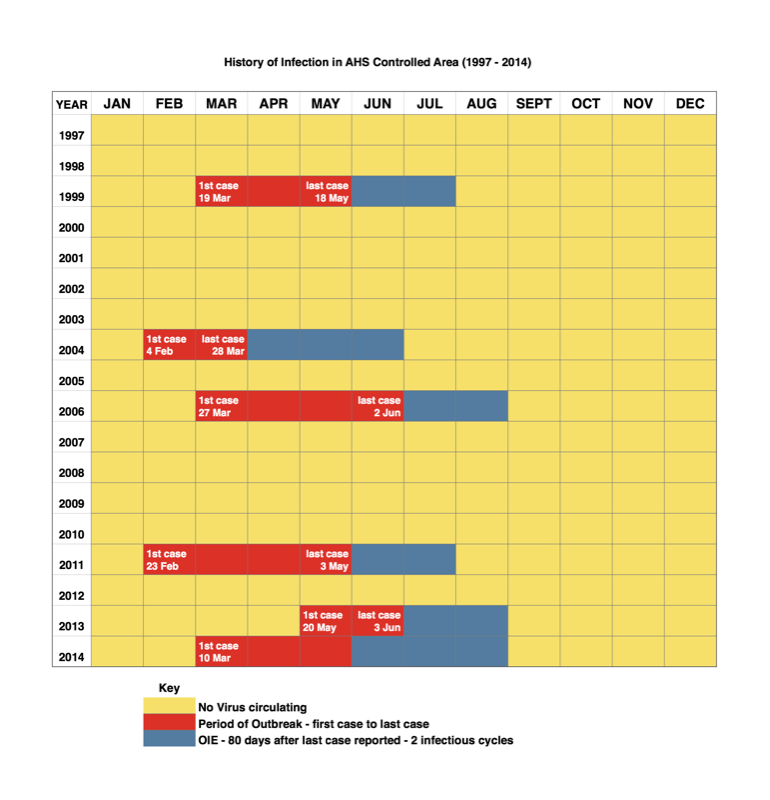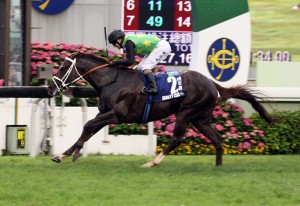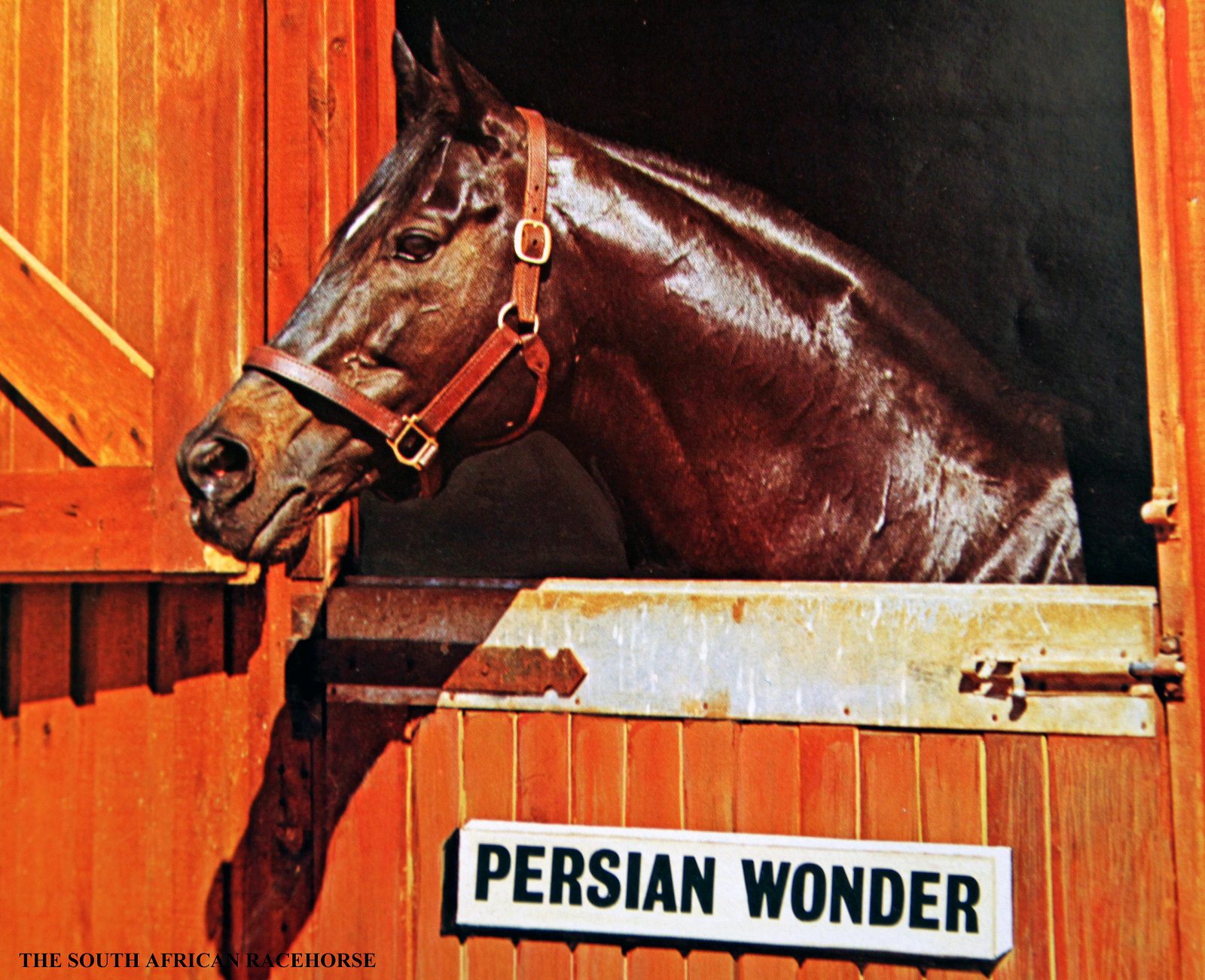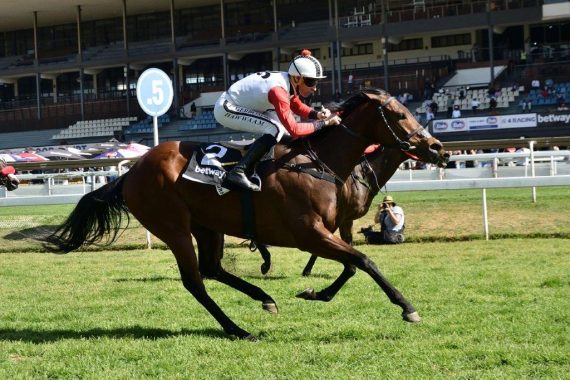Peter Gibson is the CEO of the South African Equine Trade Council, trading as Racing South Africa. Together with Prof Ian Sanne (Wits Health Consortium), he recently helped host an export strategy workshop in Johannesburg in April and was invited to deliver a presentation at the Asian Racing Conference in Hong Kong. We caught up with him to see how it went and whether Variety Club has rocked our export world.
“The Hong Kong trip was all about the Asian Racing Conference (ARC), we take a stand and brand Racing South Africa on the trade side. It’s also a meeting point and this year we were offered an opportunity to join the debate on international horse movements. They offered me a platform alongside people like Dr Brian Stewart (head of equine welfare and veterinary services at Racing Victoria and chairman of the IFHA’s movement of horses committee), Dr Susanne Munstermann (Scientific and Technical Department OIE Paris) and Dr Anthony Kettle (head of Veterinary Department, Dubai Race Club) to try and encourage the listeners to petition their government and relevant organisations to revisit the current restrictions hanging over South Africa.”
“Seventeen years ago, when the protocol was approved by the EU and other trading partners like HK, we could move horses directly because the HK Jockey Club wanted London News. Seventeen years down the line, Variety Club has to travel 170 days. So why on earth, when we’ve got greater knowledge and improvement in science, are we worse off? My very strong view is that without a trade drive, no-one is going to volunteer to adjust the regulatory framework if they perceive there to be a very high risk. Variety Club, we hope, has gone some way to help creating that trade drive.”
International opinion
There were a number of very positive comments after the Hong Kong Champion’s Mile including HKJC CEO Winfried Engelbrecht-Bresges stating “If there was no incentive before today, there is now.” Unfortunately, it will take more than the wishes of racing administrators or breeders pushing for change. The reasons for this are two-fold. South Africa will need to try and comply with the import conditions as far as possible, but equally receiving countries will need to re-evaluate the real risk (of importing AHS virus) and consider deviating from the guidelines as are currently outlined by the OIE (World Organisation for Animal Health). Secondly, there has not been sufficiently strong trade demand or any other compelling enough reason to force the issue.
While there is apparent international demand for our horses, AHS is considered very high impact because of the severity of the disease. Importing countries understandably want irrefutable scientific proof that our horses are safe, disease-free and will not pose a risk to their local herd. Our choices are either to make ourselves disease free, or to improve our technical and scientific capabilities to put the matter beyond a doubt.
Realistically there is no way we can ever prove ourselves disease-free. African horse sickness is endemic in South Africa and that’s a fact. The recent Western Cape outbreaks prove that. So there are two choices – we either improve our methods and provide sufficiently compelling scientific evidence to convince receiving countries that our methods are reliable, or we persuade the receiving countries to re-evaluate the risks that we pose and deviate from the code as it is currently outlined by the OIE.
Workshop Proposals
In evaluating South Africa’s export status, the April workshop came up with 3 main proposals. The first and primary objective is to upgrade Kenilworth Quarantine Station into a full lockdown facility, whereby horses are exercised under cover (rather than during ‘safe’ periods as is currently the case) in the hope that such an initiative might persuade interested countries that any residual risk has been mitigated.
This is effectively conceding that we are “infected”, but would be offering continuous vector protection in addition to the existing level of disease control and surveillance provided for in the AHS Controlled Area. It should be noted that the principle of exporting from an Infected Country or Zone exists in the OIE Code for AHS.
The second proposal is to start entirely from scratch and look at applying for a new “Free Zone” where there are fewer horses and fewer horse movements, a much lower vector population, therefore, a much lower risk of the disease being present – somewhere in the desert.
The third option is to look at trying to improve the conditions for export via a 3rd country option, such as the USA or Mauritius.
Port Louis or New York
Most of our trading partners align themselves with the EU regulations except for USA and Mauritius, which offers us 2 possible alternatives.
Currently, Europe is the only jurisdiction willing to accept direct imports from Mauritius, but horses are required to serve a 90 day residency on the island which is costly both in monetary (+-$30 000/horse) and horse management terms (fitness and veterinary hospital care).
The two transit quarantine stations in Mauritius have been the lifeline for South African horse exports since first established in 2004. With a combined capacity of 90 stables, they are able to manage about three quarantine cycles per annum, therefore, limiting the total number of exports to around 300 horses. Potentially, this could be big business for Mauritius if they were to develop their own horse export industry.
However, the Mauritius Racing Industry is very important for the island economy and the primary objective of the Mauritius Turf Club is the ready, economically viable supply of horses from South Africa and there currently appears to be minimal interest in supporting an international ‘export portal’ for onward travel as the benefits to themselves are reasonably small. Therefore, the only way to adequately manage export industries is on a partnership basis, but it requires willingness and cooperation on both sides.
Country freedom
According to the 2012 OIE Code, all countries were permitted to apply for country freedom for AHS. South Africa applied in 2012 but was rejected on the basis of the 2011 Mamre outbreak. In respect of Mauritius, given the fact that they are historically free of the disease, they qualify for free status although the manner in which they import horses from South Africa might count against them. The outcome of the 2013 applications will be published by the OIE in due course.
If successful, it opens up the opportunity for Mauritius to directly negotiate protocols with other trading partners, thus improving the economics and the general horse management of the current system.
The USA has a full lock down system in New York. The facility was built in the 1960s and has been used sporadically by agents for South African horses such as Hawaii and Horse Chestnut, but there are a number of barriers that make it a challenging option. One is the logistics of moving horses by charter flights. Secondly, horses are required to serve a 60 day post arrival quarantine without allowing horses to be exercised easily (it currently enables hotwalking only). Lastly, disease issues such as CEM (Contagious Equine Metritus) and Piroplasmosis limit access to the States unless owners are prepared for their horses to undergo vigorous and risky testing and treatments.
Please note that a full and detailed export strategy document will be published in due course.
History on our side
Peter feels that we can offer a strong argument in support of interested countries giving us a chance. “There is a disconnect between the real risk of us exporting the virus and the rules that are written into EU legislation. Variety Club (and many others like JJ The Jet Plane) highlighted exactly how heavily compromised we are, having to spend 170 days on the road for a disease with an incubation period of 14 days.” Every time we have an outbreak in our AHS Controlled Area, we effectively incur a 24 month suspension for a disease which is clearly seasonal no matter how you argue against it.
“After 17 years of exporting from South Africa’s AHS Free Zone, we believe there is sufficient data to support a limited number of direct imports from Cape Town with complete safety during our winter months. An analysis of the periods of infection compared with the period under suspension clearly shows the deficiency in the rules that are bound in EU legislation and in the guidelines of the OIE Code. Since 1997, South Africa has actually been disease free 85% of the time, but only allowed to export for 50% of the time.”
“Despite the numerous challenges on the ground, we have a proven, highly efficient system of detection, reporting and containment of outbreaks. We put horses through arguably the most sophisticated vector protected facility in the world, followed by high tech diagnostic testing and an exemplary record of never having exported the virus which includes around 350,000 horses in the space of 100 years.”
It will require the receiving countries to amend their legislation to allow this, but Peter feels that if we can convince one prominent country to consider seasonal viability as an option and them to accept SA horses on a winter protocol, others will follow.
Encouraging change
In terms of forcing change, or at least re-evaluation, at governmental level, there are two major events in our favour. The first is the tremendous marketing job Variety Club, amongst many other South African Champions, has done on all our behalf on the international stage and in Hong Kong in particular. Our horses offer enormous value for money and Hong Kong owners want an alternative market supported by their race club. We hope that this will lead to a debate between our two governments at a technical level.
The second is that South Africa wants to host the Olympics in 2024. Bids are decided seven years in advance, so the process would begin in 2015 or 2016. However, before South Africa could hope to even start formulating a bid, they would need to find a solution to moving horses into and back out of the country for the equestrian events. That may well be the most powerful catalyst as it would force governments, and not just sporting bodies, to talk to other governments and other international authorities and we may finally get everyone on the same page.
“We may have the best quality horses at the best prices, but until we can create a demand from receiving countries and force sufficient compromise with regards to the current demands placed on us, nothing will change,” says Peter. “Variety Club hasn’t changed the world, but it is great that it happened and even better that it happened around the time of the Asian Racing Conference and in front of such an international audience. He has added credence to our plea for support. Behind all of this is the desire for South Africa to trade. We want to participate in international equestrian competition and we want to trade in horses. People don’t realise the impact it will have. That’s what we’re striving for.”
Footnote: Horseracing South Africa (Pty) Ltd, the purpose-built industry vehicle is in the process of restructuring. A press release outlining the changes will be issued in due course.


